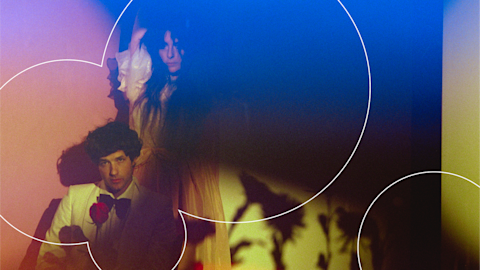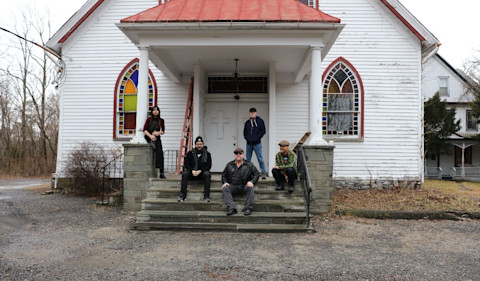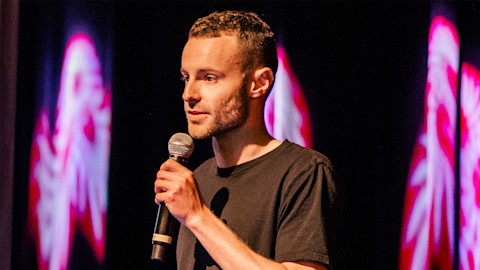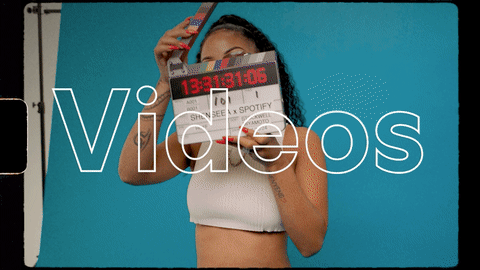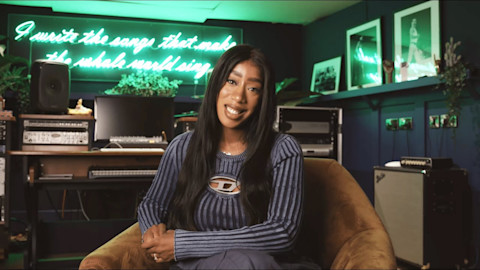Welcome to our Industry Insiders series, where we talk to experts from all levels of the music biz to learn what they do, what they look for in artists, and what they advise as far as setting yourself up for success.
Ricky Singh is an A&R consultant for Roadrunner Records, a guitarist for Long Island hardcore band Backtrack, and one of the minds behind the respected indie label Flatspot Records. Singh’s career has evolved thanks to his dedication and passion, and he knows how to spot a project with potential as a result. We reached out to him to discuss the different paths he’s explored, and what makes for a successful band in his eyes.
Spotify for Artists: Describe what you do, and give us the short story of how you got there.
Ricky Singh: Throughout my early teens, I played in some local Long Island bands and eventually started Backtrack in 2008. Backtrack would be our main focus for the next seven years. During that time I also linked up with Flatspot Records, a hardcore-punk label that Backtrack worked with early on. I started running the label alongside Che Figueroa, who started the label in 2004. It was a great experience working with different bands and getting a handle on everything from marketing and publicity to distribution and more. Those years really established my interest in pursuing A&R.
Around 2014 I started taking online courses at Berklee while Backtrack was still touring. I was already very hands-on with everything internally at Flatspot and Backtrack, but I really wanted to learn the ins and outs of everything I could. Eventually, I was hit up by Warner Music Group for a potential internship. That was ultimately shot down by my school due to them not allowing me to get credits for it. It was frustrating, and I mentioned it to my friend Franz who plays in the band Turnstile. Franz told me he was communicating a bunch with Roadrunner Records, and put me in touch with some of the A&Rs there. That was around three and a half years ago now, and I’ve been working with the A&R team here at Roadrunner ever since.
![Turnstile]()
Turnstile
Is there an artist that inspired you to pursue this as a career?
In my later teens I was heavily inspired by the late ’80s to mid-’90s New York hardcore scene. Madball, Biohazard, Life of Agony, Killing Time, Agnostic Front… the list goes on. Those bands were really the inspiration to start Backtrack from a musical perspective. As Backtrack progressed and my role within Flatspot got busier, I started to realize more that my interest in helping to create records grew too. In my opinion, many of those bands I mentioned released some of their best albums through Roadrunner. I would hear stories about A&R reps like Monte Conner, Dante Ross, and Howie Abrams, and their roles in creating albums and working with bands I loved. It made me realize that this is something I wanted to pursue, and having it come full circle with Roadrunner is incredible.
What do you look for in an artist you want to work with?
An artists’ drive, originality, vision, and undeniably great music will always play an essential role. Having an artist understand that hard work needs to be put in and the grind it involves is important. It applies to most things in life, really; if you’re not willing to put in the work, you can’t expect positive results. Among the bands that our A&R team are involved with, I see all of those positive traits in Turnstile, Code Orange, Basement (Fueled By Ramen), Angel Du$t, and Mat Kerekes (Black Cement), along with others.
What's the biggest tool at an artist's disposal in 2019 from your perspective?
The ability to connect with listeners and other artists around the world, instantaneously. It’s a huge advantage that artists have in 2019 via streaming, social media, and additional platforms. Writing, recording, collaborating, is easier than it’s ever been, and we’re seeing more artists and bands form because of it.
![Madball Photo by Chris Toliver]()
Madball Photo by Chris Toliver
What's the best advice you have for an artist just starting out?
The best advice I can give to an artist just starting out is to not be a follower. Be inspired by everything around you, whether it’s music, art, or film—but at the same time take those influences and make them unique to yourself. Artists chasing trends will many times result in short-term successes. In order to build a community around yourself, you need to be authentic and genuine. The people paying attention will always be able to see through the smoke.
How has your perspective shifted on music over the years?
I’ve been noticing that genre walls are appearing to bend and break more than ever. As an A&R person at a historically heavy music label, I’m taking this into account and noticing more artists that are breaking the mold. Some examples from hip-hop and metal are City Morgue, Ghostemane, and King Yosef. These genres’ meshing isn’t exactly a new thing—check out the Judgment Night soundtrack—but the style and vibe of it feels new and fresh. It’s an exciting time to be involved in music, and I’m looking forward to what 2019 brings.
—Fred Pessaro
** This interview has been slightly edited for clarity
